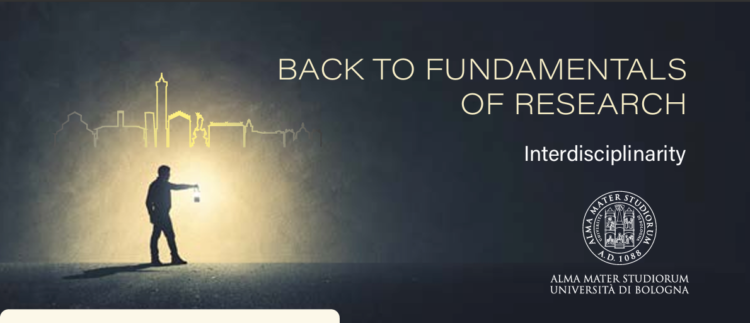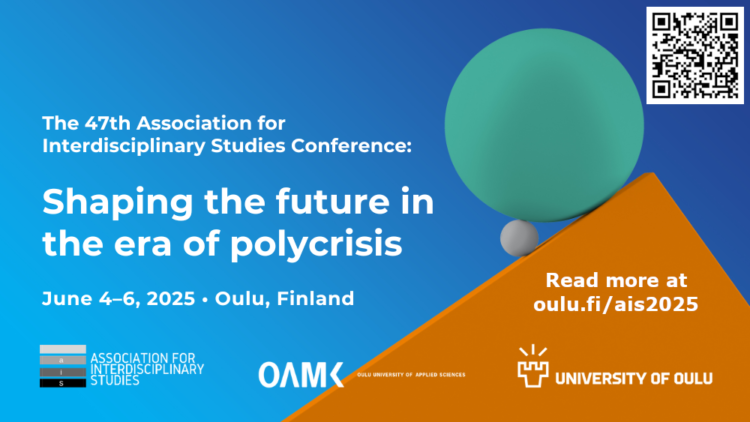SHAPE-ID member Prof Catherine Lyall was a keynote speaker at the University of Bologna's international…
SHAPE-ID Workshop on Digital Humanities and Cultural Heritage in ‘Virtual Warsaw’
The second of the SHAPE-ID remote learning case workshops (and second to last in our overall workshop series) took place on 24-25 September, organised by SHAPE-ID partners at the Institute of Literary Research of the Polish Academy of Sciences (IBL PAN). The workshop brought together Digital Humanities researchers, policy makers, funders and cultural heritage professionals to explore the challenge of transdisciplinary collaboration between these two areas.


The workshop began with a series of thoughtful scene-setting presentations from invited speakers.
Natalie Harrower from the Digital Repository of Ireland presented insights from the recent ALLEA report Sustainable and FAIR Data Sharing in the Humanities: Recommendations of the ALLEA Working Group E-Humanities.
Jennifer Edmond from Trinity College Dublin and President of DARIAH-EU spoke about the particular challenges humanities scholars experience with the concept of data and the need for social and not just technical fixes for improving humanities data sharing. She highlighted the need for education and training (such as efforts by DARIAH Campus) to encourage researchers in the humanities to recognise and embrace the kind of data they produce.
Finally, Charles Giry-Deloison and Alexandre Caussé from the Joint Programming Initiative (JPI) on Cultural Heritage spoke about the importance of linking digital heritage researchers and cultural heritage professionals, considering how applied research can benefit society and working to harmonise data across these sectors.
Following a lively discussion on these themes, participants moved into breakout rooms to identify the key challenges facing collaboration between the digital humanities and cultural heritage spheres, then reframing these as ‘how might we…’ questions to better invite imaginative solutions. A good deal of agreement on the challenges was evident at the subsequent plenary discussion.
Wrapping up the first day’s work, the organisers shared a powerful video introducing the Atlas of Holocaust Literature interdisciplinary project in the context of a virtual tour of the Warsaw ghetto, followed by a Q&A with creator Bartlomiej Szleszyński from IBL PAN. Participants then had the option of staying on at the ‘SHAPE-ID bar’ to learn more about SHAPE-ID from project partners.
On Day 2 the hosts synthesised some of the key insights emerging from the discussion on the first day and invited participants to once again join breakout rooms, this time to prototype solutions to selected challenges including funding streams, copyright and standards, evaluation and overcoming cultural differences between research and cultural heritage institutions.
We will publish some insights from the workshop in a blog post soon. You can follow us on Twitter and Facebook and sign up for our mailing list at https://www.shapeid.eu/contact/ if you’d like to receive our newsletter. In the meantime, check out our intermediate working paper presenting insights from the first three workshops held in December 2019 and January and February 2020. A full analysis of the workshop series will be available by the end of the year.





